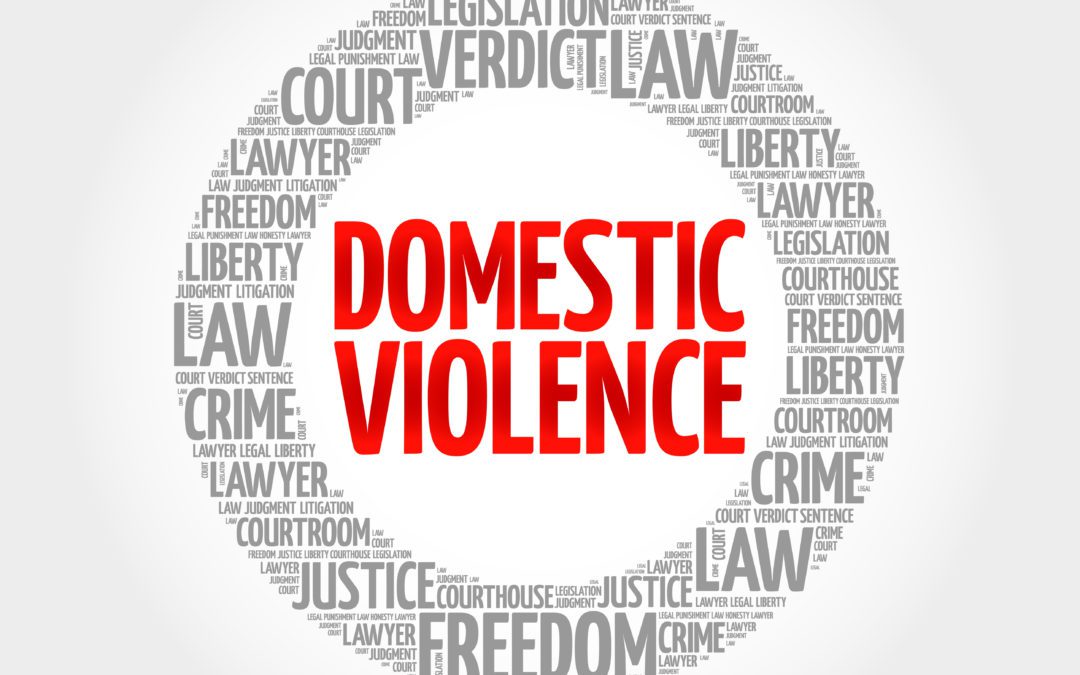Every so often, people ask me: What is the difference between “domestic violence” and “criminal domestic violence” in South Carolina?
There is no difference. The “criminal” was dropped from the charge when SC lawmakers passed a new domestic violence law in 2015, but the “new” charge of domestic violence still means the same thing.
However, the 2015 law does provide for harsher penalties for those convicted…
What Is Domestic Violence?
Under SC law, domestic violence can occur between spouses, former spouses, two people who live together or used to live together, or two people who have a child together. This includes people involved in same-sex relationships.
Violence does not have to be committed for a person to be charged with domestic violence – just a threat of violence is enough, and sometimes charges can be brought based solely on intimidation.
Even when the alleged abuser is not arrested, an alleged victim can get a domestic violence restraining order in family court.
There is no doubt about the importance of DV laws – domestic violence destroys families and strains communities every day, especially in South Carolina. For years, the state has ranked among the top ten in the nation for the number of women killed by men in domestic violence incidents.
The problem is not that domestic violence laws are bad – it is that many people who do not fit the profile of domestic abusers who need government intervention get caught in the wide net that SC law enforcement casts.
Unintended Consequences
Unfortunately, the push for more vigorous enforcement and prosecution has had unintended consequences for not only alleged abusers but also their families.
For example, a standard condition for bond when someone is arrested and charged with domestic violence is that they cannot have any contact with the alleged victim. The intentions behind this are good – who doesn’t want to protect victims from their alleged abusers?
But, what happens when the couple has children and they want to work through their problems? It’s difficult to work through problems or share the responsibilities of child-rearing when you are not allowed to have contact with each other.
Judges can drop this provision on a motion to reconsider bond conditions, but they rarely do – judges and prosecutors are afraid that they will find themselves on the front page of the paper if a domestic violence victim is killed after they removed a no-contact provision…
More Tough Than Fair?
The public and political pressure to be tough on domestic violence suspects also leads to people being jailed for abuse even when no abuse occurred.
Some people make false accusations against their spouse or significant other because they are angry, they want to gain an advantage in a divorce case, or they want to make sure they get custody of the kids. Sometimes, the person charged with domestic violence was actually the victim of domestic violence, charged and arrested for nothing more than defending themselves.
You may have heard that police have to arrest someone any time a domestic violence call is made, but that’s not true.
However, some police departments have an unwritten rule that someone must go to jail if a DV call is made. Maybe they are motivated by public relations – they don’t want to be seen as “soft” on domestic violence. Or, maybe they are motivated by money – law enforcement funding earmarked specifically for domestic violence is based on the number of arrests officers make…
SC Criminal Domestic Violence (CDV) Defense Lawyers in Myrtle Beach, Conway, Columbia, and Charleston
Domestic violence (DV) is still criminal domestic violence (CDV) and only the name has changed. If you or someone you love has been charged with domestic violence in SC, call the domestic violence defense lawyers at Coastal Law now at (843) 488-5000 or send us a message online to find out how we can help.


